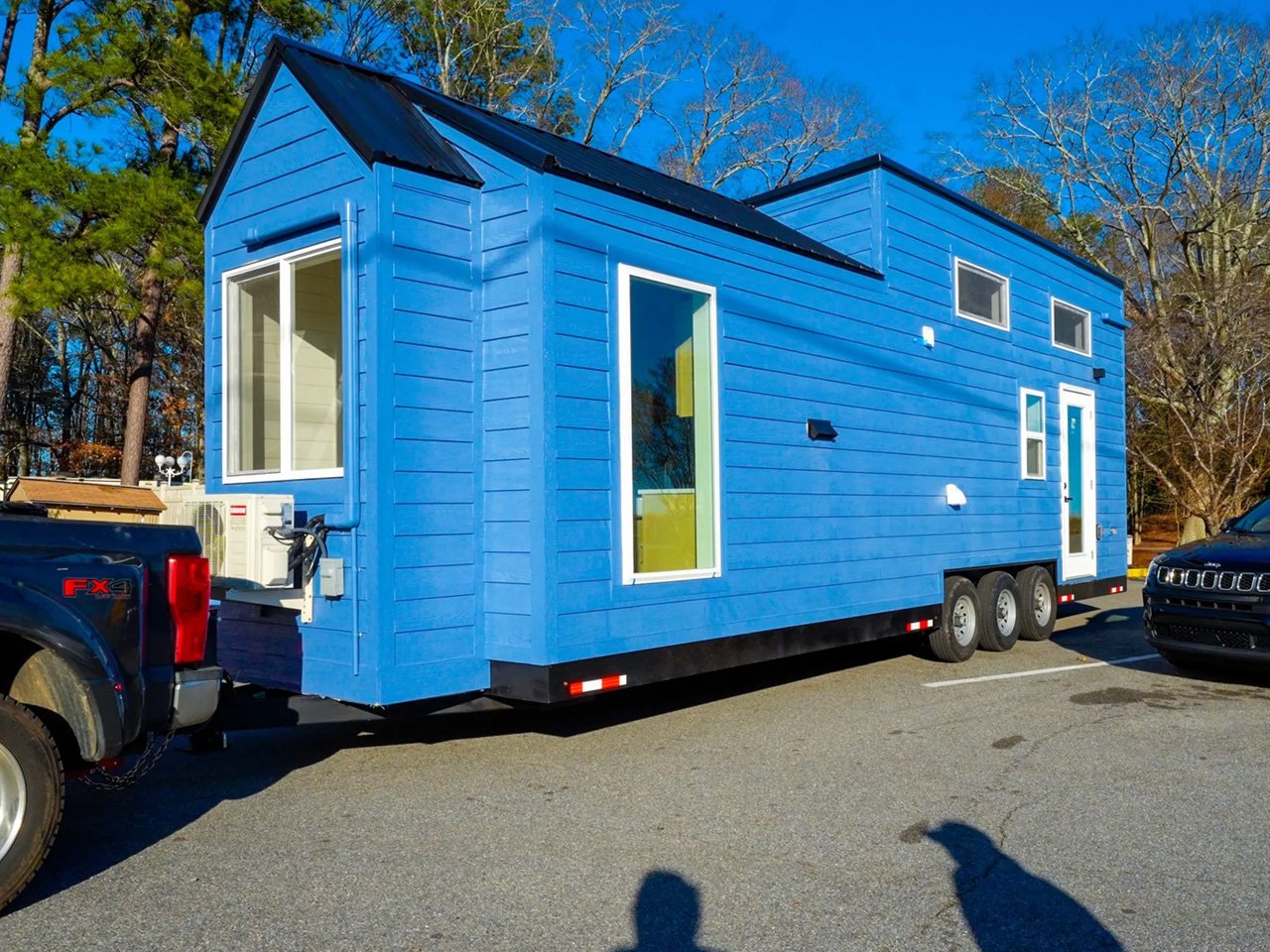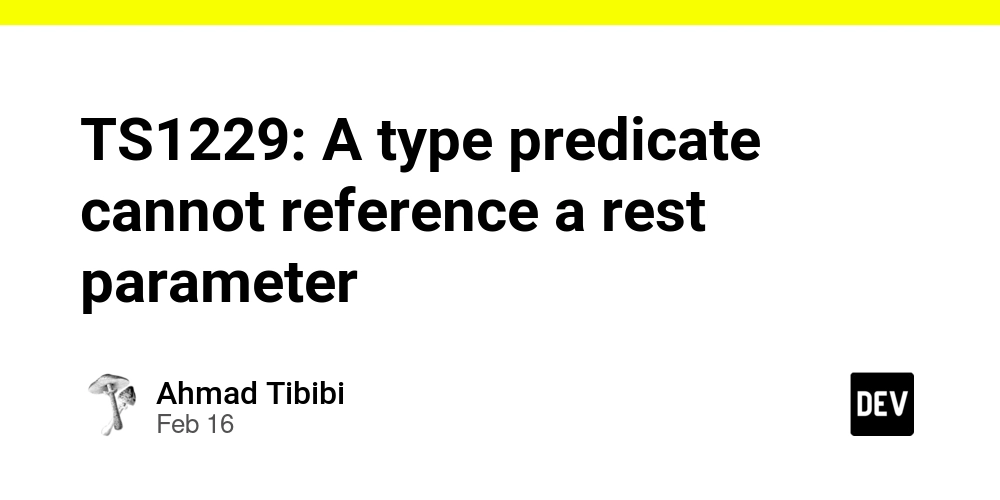Fixing exception safety in our task_sequencer
Exception safety, the forgotten requirement. The post Fixing exception safety in our task_sequencer appeared first on The Old New Thing.

Some time ago, we developed a task_ class for running asynchronous operations in sequence. There’s a problem with the implementation of QueueTaskAsync: What happens if an exception occurs?
Let’s look at the various places an exception can occur in QueueTaskAsync.
templateauto QueueTaskAsync(Maker&& maker) ->decltype(maker()) { auto current = std::make_shared (); auto previous = [&] { winrt::slim_lock_guard guard(m_mutex); return std::exchange(m_latest, current); ← oops }(); suspender suspend; using Async = decltype(maker()); auto task = [](auto&& current, auto&& makerParam, auto&& contextParam, auto& suspend) -> Async { completer completer{ std::move(current) }; auto maker = std::move(makerParam); auto context = std::move(contextParam); co_await suspend; co_await context; co_return co_await maker(); }(current, std::forward(maker), winrt::apartment_context(), suspend); previous->continue_with(suspend.handle); return task; }
If an exception occurs at make_, then no harm is done because we haven’t done anything yet.
If an exception occurs when starting the lambda task, then we are in trouble. We have already linked the current onto m_latest, but we will never call continue_, so the chain of tasks stops making progress.
To fix this, we need to delay hooking up the current to the chain of chained_s until we are sure that we have a task to chain. This means that the std:: needs to wait until the task is created. But we can’t just swap the order of the two operations because the task does a std::move(, which empties out the current
templateauto QueueTaskAsync(Maker&& maker) ->decltype(maker()) { auto current = std::make_shared (); suspender suspend; using Async = decltype(maker()); auto task = [](auto&& current, auto&& makerParam, auto&& contextParam, auto& suspend) -> Async { completer completer{ std::move(current) }; auto maker = std::move(makerParam); auto context = std::move(contextParam); co_await suspend; co_await context; co_return co_await maker(); }(current, std::forward (maker), winrt::apartment_context(), suspend); // moved this to after we create the task auto previous = [&] { winrt::slim_lock_guard guard(m_mutex); return std::exchange(m_latest, current); ← still oops }(); previous->continue_with(suspend.handle); return task; }
The last person to use the current is allowed to move from it, so we have to move the move.
templateauto QueueTaskAsync(Maker&& maker) ->decltype(maker()) { auto current = std::make_shared (); suspender suspend; using Async = decltype(maker()); auto task = [](auto&& current, auto&& makerParam, auto&& contextParam, auto& suspend) -> Async { completer completer{ current }; auto maker = std::move(makerParam); auto context = std::move(contextParam); co_await suspend; co_await context; co_return co_await maker(); }(current, std::forward (maker), winrt::apartment_context(), suspend); auto previous = [&] { winrt::slim_lock_guard guard(m_mutex); return std::exchange(m_latest, std::move(current)); }(); previous->continue_with(suspend.handle); return task; }
While we’re here, we may as well do some cleaning up. For example, there was no need to create the apartment_ outside the lambda and move it into the lambda locals. We can just create it as a lambda local.
auto task = [](auto&& current, auto&& makerParam,
/* auto&& contextParam, */ auto& suspend)
-> Async
{
completer completer{ current };
auto maker = std::move(makerParam);
auto context = winrt::apartment_context();
co_await suspend;
co_await context;
co_return co_await maker();
}(current, std::forward(maker),
/* winrt::apartment_context(), */ suspend);
And instead of passing the other lambda parameters by reference, we can use a reference capture. We just have to be careful to copy them to locals before our first co_await. (And there was another bug in the original version: It moved the maker into the local rather than forwarding it.)
auto task = [&]() -> Async { completer completer{ current }; auto local_maker = std::forward(maker) ; auto context = winrt::apartment_context(); co_await suspend; co_await context; co_return co_await local_maker(); }(/* ⟦ ... ⟧ */);
And now that the last consumer of current is the QueueTaskAsync function itself, we can swap it instead of moving it out of one variable and into another.
/* auto previous = [&] */ { winrt::slim_lock_guard guard(m_mutex); m_latest.swap(current); }/* () */ current->continue_with(suspend.handle);
The name current is confusing for a variable that actually holds the previous entry, so let’s give it a generic name node.
The result of all this cleanup is the following class. Everything outside QueueTaskAsync is unchanged, but I include it here for copy-paste-friendliness.
struct task_sequencer
{
task_sequencer() = default;
task_sequencer(const task_sequencer&) = delete;
void operator=(const task_sequencer&) = delete;
private:
using coro_handle = std::experimental::coroutine_handle<>;
struct suspender
{
bool await_ready() const noexcept { return false; }
void await_suspend(coro_handle h)
noexcept { handle = h; }
void await_resume() const noexcept { }
coro_handle handle;
};
static void* completed()
{ return reinterpret_cast(1); }
struct chained_task
{
chained_task(void* state = nullptr) : next(state) {}
void continue_with(coro_handle h) {
if (next.exchange(h.address(),
std::memory_order_acquire) != nullptr) {
h();
}
}
void complete() {
auto resume = next.exchange(completed());
if (resume) {
coro_handle::from_address(resume).resume();
}
}
std::atomic next;
};
struct completer
{
~completer()
{
chain->complete();
}
std::shared_ptr chain;
};
winrt::slim_mutex m_mutex;
std::shared_ptr m_latest =
std::make_shared(completed());
public:
template
auto QueueTaskAsync(Maker&& maker) ->decltype(maker())
{
auto node = std::make_shared();
suspender suspend;
using Async = decltype(maker());
auto task = [&]() -> Async
{
completer completer{ current };
auto local_maker = std::forward(maker);
auto context = winrt::apartment_context();
co_await suspend;
co_await context;
co_return co_await local_maker();
}();
{
winrt::slim_lock_guard guard(m_mutex);
m_latest.swap(node);
}
node->continue_with(suspend.handle);
return task;
}
};
The post Fixing exception safety in our task_ appeared first on The Old New Thing.












































































